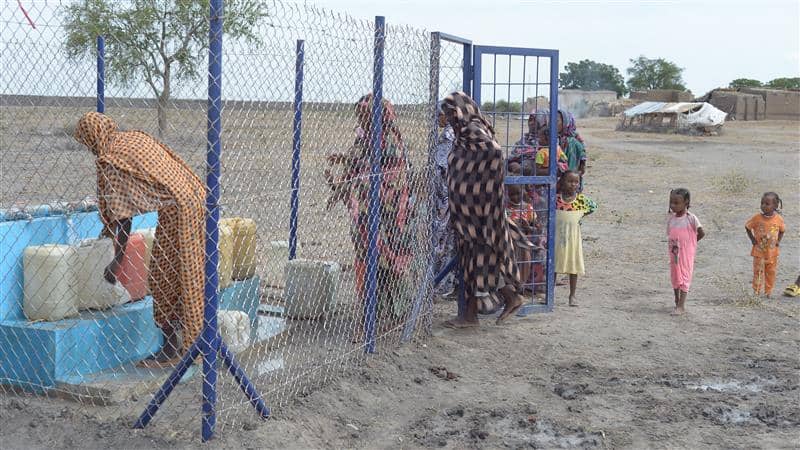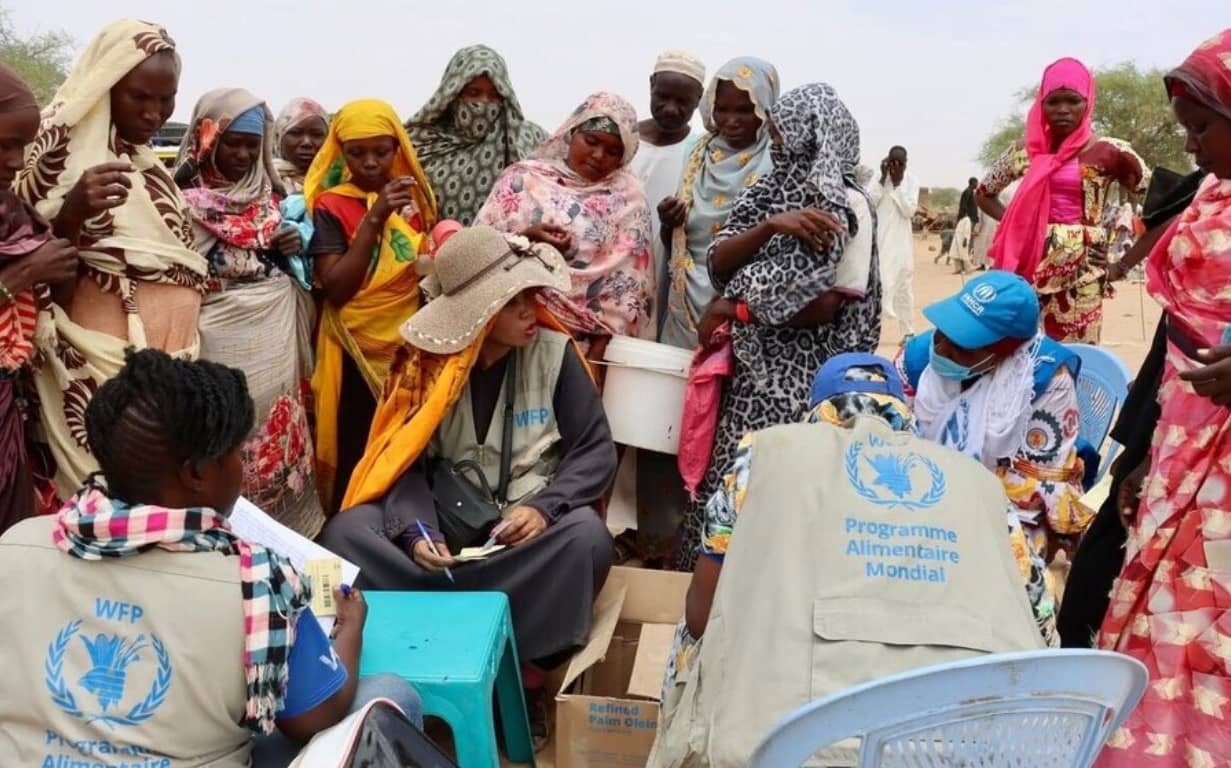YAOUNDÉ, Cameroon – A leading Cameroonian archbishop has called for an end of violence in the Anglophone areas of the country, so that the children can go to school.
Archbishop Jean Mbarga of Yaoundé was speaking during the Feast of the Assumption and called on the Virgin Mary to intercede for the nation “in this time of crisis.”
Besides the conflict in the English-speaking parts of the majority French-speaking country, Cameroon has recently suffered attacks from Boko Haram in the north, an influx of refugees from Nigeria and the Central African Republic, and tensions with neighbor Equatorial Guinea.
Yaoundé is the capital of Cameroon and located in the Francophone part of the country. Mbarga’s specific call for peace in the English-speaking North West and South West Regions is a rare case of the country’s French-speaking bishops particularly addressing the issue.
The Anglophone crisis started in October 2016 with a strike by English-speaking teachers and lawyers protesting perceived attempts by the Francophone-dominated administration to assimilate the Anglo-Saxon educational and legal systems practiced in anglophone Cameroon, which represents about 20 percent of the population.
Government security forces responded with violence against the peaceful protesters, causing many of them to accuse the central government of bad faith.
An armed rebellion soon broke out, with an extremist segment of English speakers calling for the independence of the two Anglophone regions, to be called Ambazonia.
Over 2,000 people have been killed, and over 400,000 have been forced from their homes.
The separatists have made a school boycott a cornerstone of their secessionist strategy, with over 80 percent of children forced out of classes. Schools that tried to defy the boycott were burned down and students and teachers kidnapped.
The country’s English-speaking bishops have been outspoken during the crisis, both in protesting injustices by the central government and condemning the abuses committed by both sides in the conflict.
“Let the children go to school,” said Archbishop Cornelius Fontem Esua of Bamenda, the capital of the English-speaking North West Region.
He said education was a fundamental right for children, and that nothing justified their being deprived of schooling. Rebel leaders have insisted they will not back down, and that the boycott is necessary to bring the central government to the negotiating table.
Albert Ndong, who received his first Holy Communion on the Assumption, has been out of school for two years now. The second grader said he hopes things will return to normal for him soon, so he can continue his pursuit of knowledge.
“I am very happy to have received the Body of Christ today,” he told Crux.
“I beseech the Blessed Virgin Mary to intercede for me to remain holy. But I really want the Mother of our Savior to help us end this crisis. I want to go back to school, and I trust our mother Mary will help us end the war so I can go back to school,” Ndong said.
Esua said a lasting resolution to the crisis will be predicated on the Christian community accepting the very meaning of the Assumption.
“What the Assumption teaches is that our life does not end here. Our life continues in heaven. And it reminds us that our body, like our soul, is destined for glorification and therefore we should respect human life, respect our bodies, the bodies of other people; endeavor to avoid sin, and, following the example of the Blessed Virgin Mary, we shall all get there,” he said.
Father Gabriel Afumbom of St. John the Baptist Church in Bamenda also spoke about the crisis during Mass, urging Christians to rely on the Rosary, calling it the the weapon handed over by the Virgin Mary to fight evil.
“Through the intercession of the Blessed Virgin Mary, the best way to fight evil is through prayer. The Virgin Mary has given us a very powerful prayer – the Rosary. So, I believe that through the Rosary, we can conquer every evil that is around us,” the priest said.
Crux is dedicated to smart, wired and independent reporting on the Vatican and worldwide Catholic Church. That kind of reporting doesn’t come cheap, and we need your support. You can help Crux by giving a small amount monthly, or with a onetime gift. Please remember, Crux is a for-profit organization, so contributions are not tax-deductible.
















